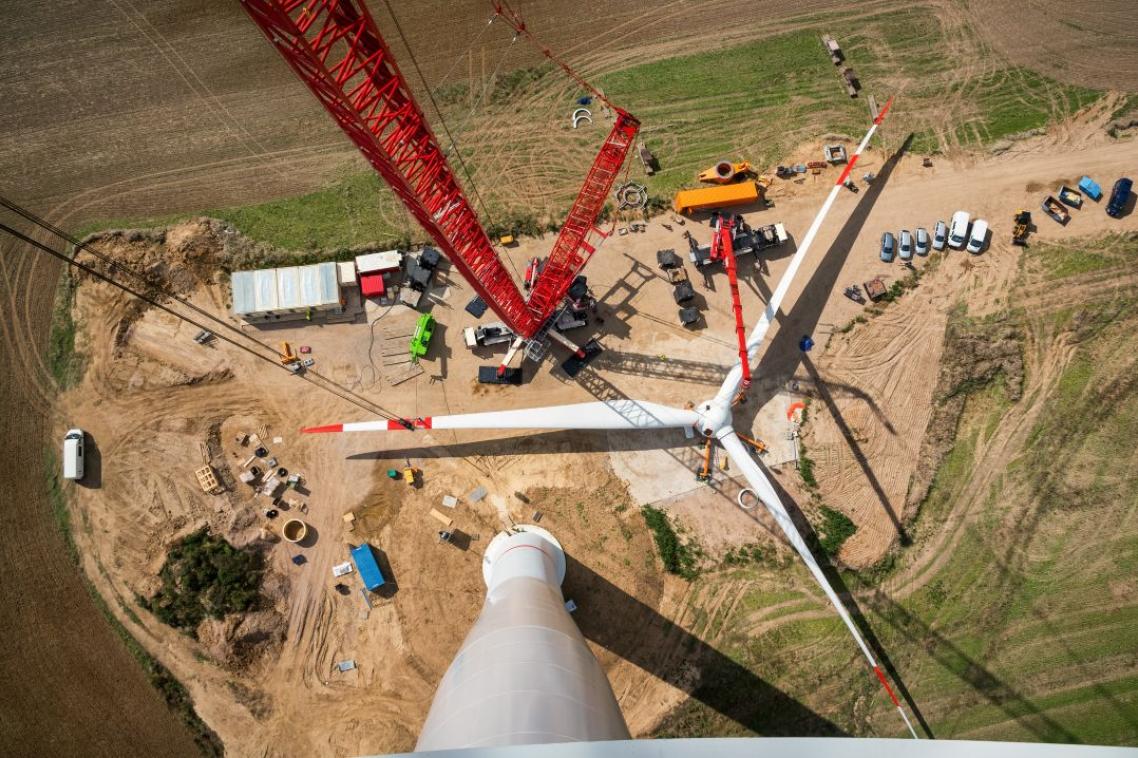Exploring the link between income and democracy

(Photo credit: Adobe. )
Does more income equal more democracy? Not necessarily, according to an analysis of 200 years of international data.
Political scientists and economists have traditionally argued the more economic prosperity a country has, the more democratic it becomes - but Professor Ian MacKenzie from UQ’s School of Economics says the relationship is not simple.
“When a country’s income is very low, survival is the focus and the marginal benefits of consumption of material goods is very high,” Professor MacKenzie said.
“Essentially, when you don’t have much, an extra dollar is very, very valuable to you.
“Because of that, you won’t invest time in political activism, you’ll invest it in working to increase your income.”
Professor MacKenzie, along with economists Dr Dario Debowicz (Swansea University), Professor Alex Dickson (University of Strathclyde, Glasgow) and Associate Professor Petros Sekeris (Toulouse Business School), looked at data from every country between 1800 to 2010 to analyse their income and democratic score.
They hypothesised the relationship between the income of a country and its level of democracy is not linear but instead forms a U-shape.
Professor MacKenzie said when societies reach a high level of income, the curve shifts towards increased democratisation.
“As income increases, there comes a turning point at which your income has increased so much you start to value improvements in political freedoms,” he said.
“People feel more empowered to challenge authorities.
“A lot of people believe there is no link between income and democracy, or that there is a positive link – as in more income equals more democracy.
“What we’ve shown is that it’s more complicated than that.”
Professor MacKenzie said China was a country to watch in that it has experienced extraordinary economic growth over the past 4 decades while remaining an authoritarian state.
“The U-shaped theory suggests political uprisings could occur if economic growth continues,” he said.
“China has many citizens who are benefitting from the country opening its markets and increasing its GDP (gross domestic product) so there’s a lot of evidence to suggest they may start craving democratic principles.”
The research was published in Springer Nature.
Topics
Related articles

Switching off the huge Gladstone coal station in 2029 will cause problems. It needs a longer, smarter phase-out

The most important mineral for clean energy isn’t what you think
Media contact
UQ Communications
communications@uq.edu.au
+61 429 056 139
